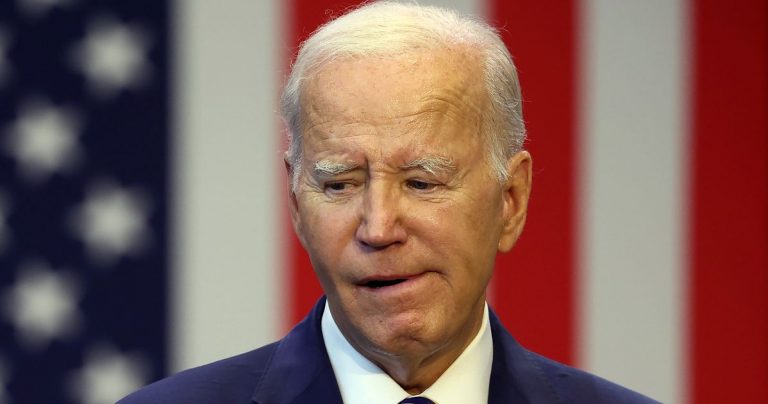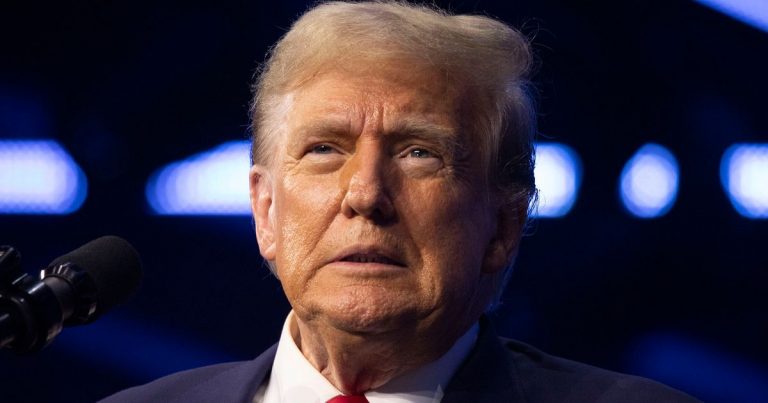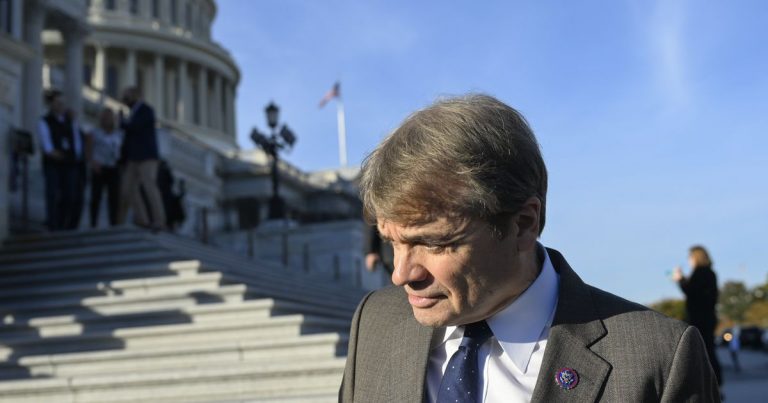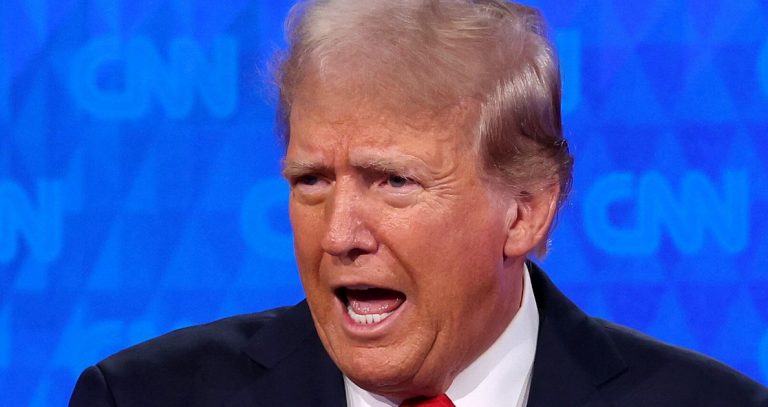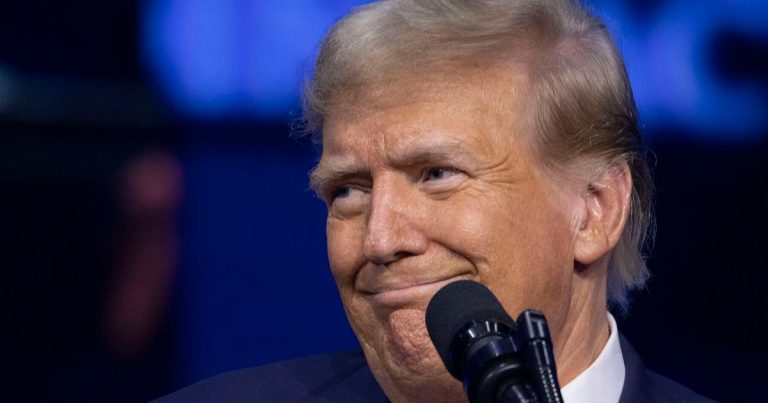Lauren Boebert’s Opinion on Trump’s Check to Kamala Harris Backfires
In a recent twist in the ongoing political drama, far-right Rep. Lauren Boebert (R-Colo.) attempted to use a literal receipt to defend GOP presidential nominee Donald Trump but ended up inadvertently boosting Vice President Kamala Harris’s credentials for the 2024 election.
The sequence of events began after President Joe Biden withdrew from the 2024 race and threw his support behind Vice President Harris. Rep. Jared Moskowitz (D-Fla.) then shared a photo of a $5,000 check that Trump had contributed to Harris’ reelection campaign back in 2011 when she was California’s attorney general.
Amidst the swirling political discussions, Moskowitz added a cheeky caption to the image, suggesting that Trump’s donation to Harris was a “wise investment.” This post caught the attention of Boebert, who quickly quote-posted Moskowitz’s tweet with a straightforward statement: “Checks receipt: Trump isn’t racist.”
However, Boebert’s attempt to shift the narrative fell flat as critics immediately pointed out Trump’s well-documented history of racist remarks and actions. They argued that using a single donation to Harris years ago was not enough to dispute the numerous instances of racism throughout Trump’s public life.
Moreover, some commentators highlighted the irony of Boebert inadvertently highlighting Trump’s past support for Harris, now casting doubt on the sincerity of his potential future political attacks against her. As the first woman, Black, and Asian American Vice President, Harris holds a unique position in American politics, and any attempts to discredit her must be considered within the context of her diverse background.
This incident serves as a timely reminder of the complexities and nuances of modern political discourse. While it is essential for politicians to hold each other accountable and debate policy issues vigorously, it is equally crucial to remain mindful of the broader implications and historical context of such debates.
As the 2024 presidential race continues to unfold, with Harris emerging as a significant contender following Biden’s departure, the interplay of past actions, present statements, and future ambitions will undoubtedly shape the course of American politics for years to come.
Ultimately, whether Boebert’s attempt to defend Trump backfired or inadvertently boosted Harris remains a matter of interpretation. What is clear, however, is that this episode underscores the complexities and contradictions inherent in contemporary politics, where a simple receipt can spark a heated debate about race, power, and the future of the nation.




